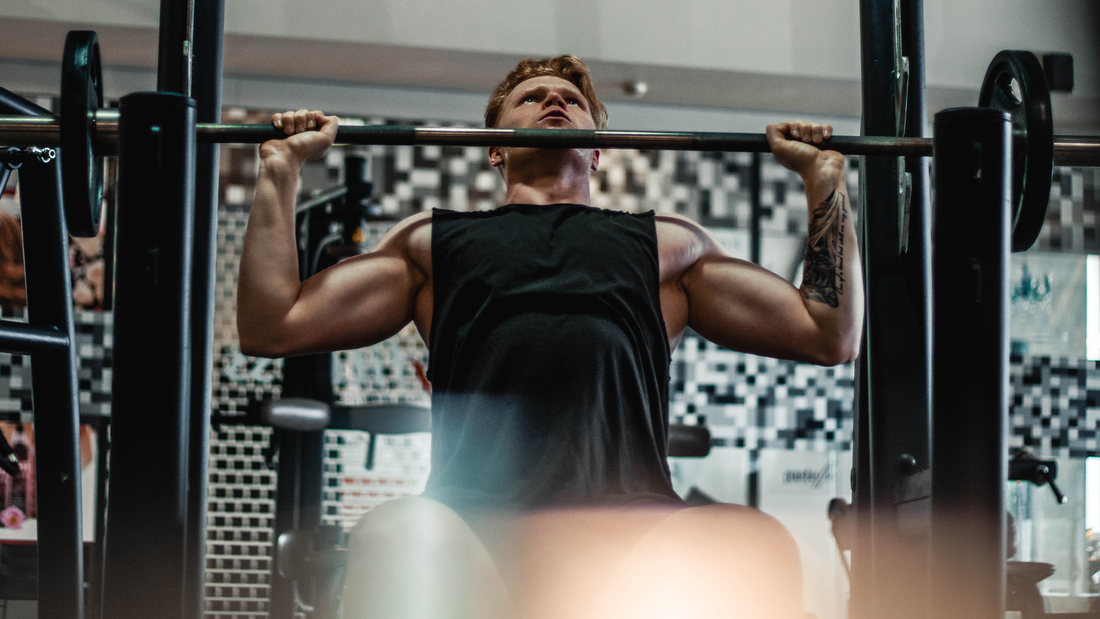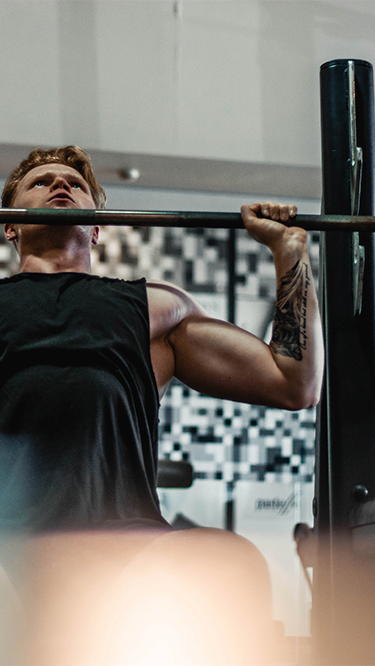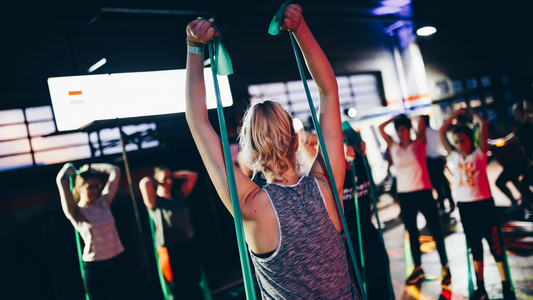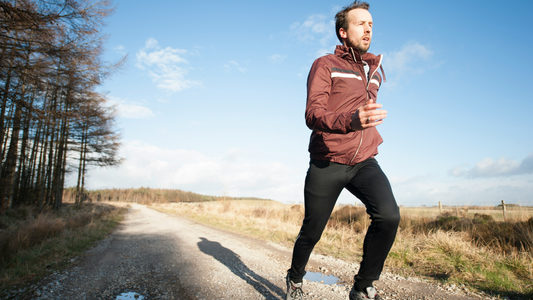

Do Bench Presses Work Your Biceps?
The bench press is a mainstay in many training and fitness routines. After all, it can enhance the chest and shoulder muscles and the triceps. Do bench presses work biceps, though? Yes, to some extent. The biceps play a secondary role, so if your goal is to build your biceps, bench presses alone may not get you there. A wide-grip variation may activate the biceps more but perhaps not enough for your needs.
Do Bench Presses Work Biceps? Somewhat, and It Can Depend on the Variation
Here’s a look at bicep engagement when you perform bench presses.
Bench Presses and the Biceps
When you bench press, you work muscles such as the pectoralis major, anterior deltoid, and triceps brachii. You also work the biceps brachii (biceps) and serratus anterior. How much you work each muscle depends on the variation you do.
To engage the biceps more, you could try a wide-grip press versus a close-grip press (although some people say they have more luck engaging their biceps doing the reverse). You can experiment with your grip widths and hand positions to involve your biceps more or less. The following techniques can help, too.
- Control your descent more to engage the biceps.
- Deepen the squeeze at the top of the movement.
- Include barbell curls, hammer curls, or similar exercises into your bench press routine to work the biceps more.
Do bench presses work biceps? Yes, but a traditional bench press may not offer enough engagement for you to meet the fitness goals you have for the biceps.
The Mechanics of a Classic Bench Press
A traditional, or classic, bench press mostly targets the pectoral muscles, deltoids, and triceps. Horizontal pushing is the primary movement, thus the emphasis on chest muscles.
The biceps do perform an important supporting role, stabilizing the movement. They are especially important in the first part of the lifting (the concentric phase) and when you lower your arms (the eccentric phase). Your biceps help control the ascension and descension.
Do you feel bench presses in your biceps more than usual? If you feel your biceps too much while you do a classic bench press, you may have improper form/technique. Improper form can lead to injuries. Your elbows might be flaring and forcing you to use your arms more than your chest. Tuck your elbows in a bit more and focus on engaging your chest more. Also, warm up before you perform bench presses.
A wider grip may work the biceps more, while tricep engagement decreases (a narrow grip works the triceps more). You can use 3D scanning to see how your muscles change over time as you work out.
To focus on both chest muscle and bicep growth, you should do bench presses along with exercises that emphasize or isolate the biceps. Even doing a modified bench press that engages the biceps more may still be inadequate for any goals you have to build your biceps.
Do Bench Presses Work Biceps? See Your Progress
Do bench presses work biceps? Yes, but you may need bicep-specific exercises if you’re hoping to build your biceps. To see how your biceps and other muscles change, try the ZOZOFIT app so that you can visualize and track your progress.

![zf-w-[168px] zf-h-[40px]](http://zozofit.com/cdn/shop/t/15/assets/logo-desktop.png?v=117713855448369080381753069598)


